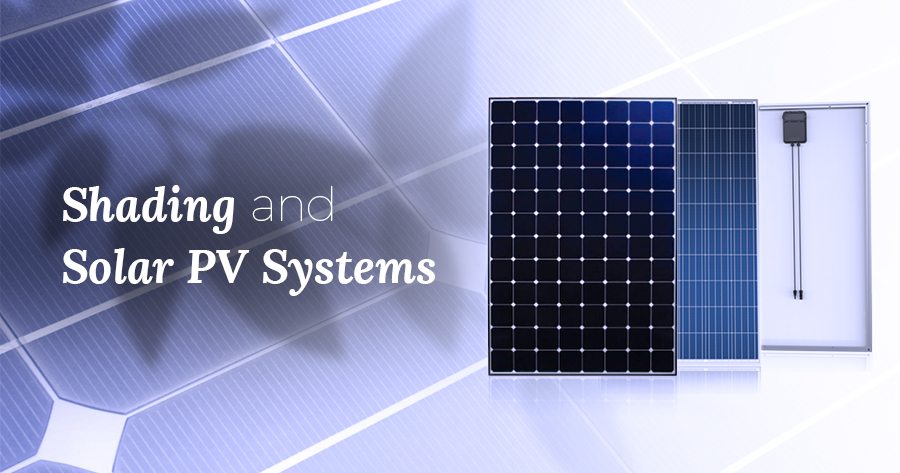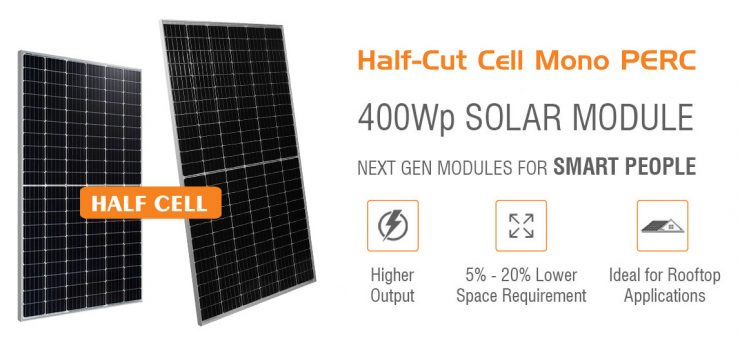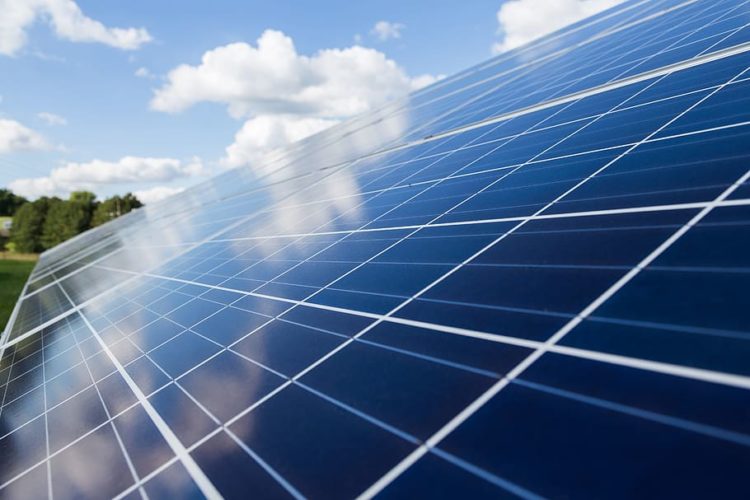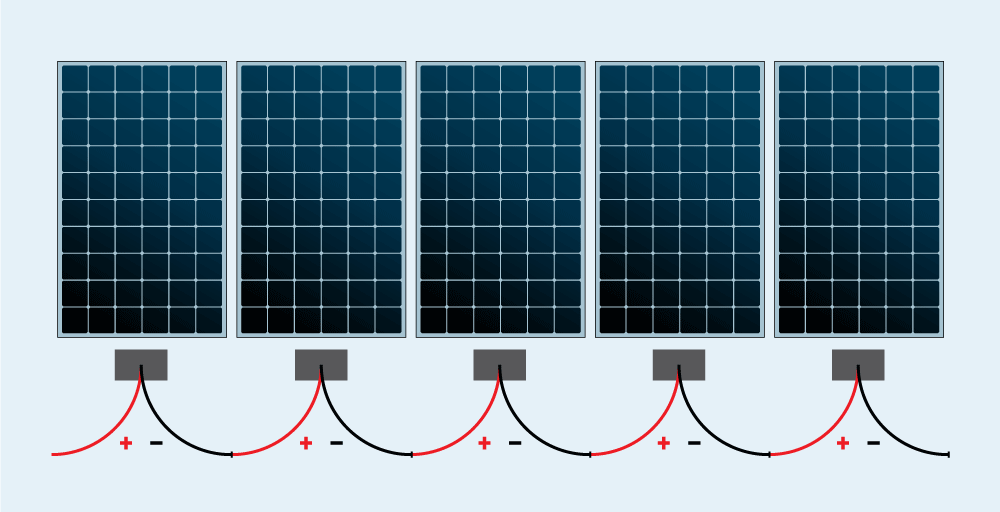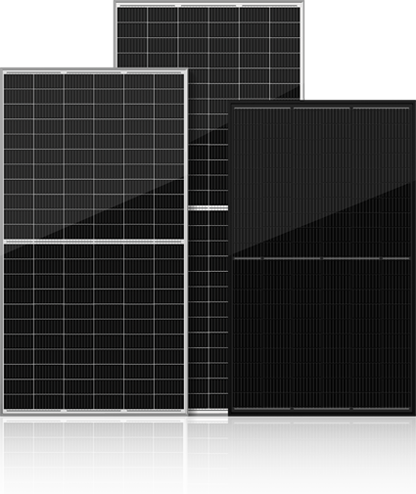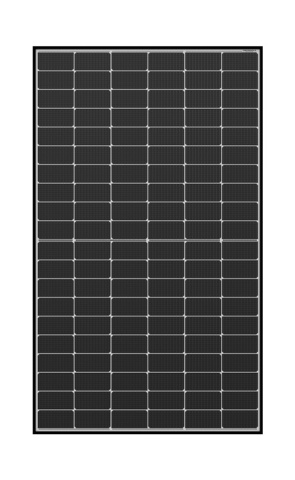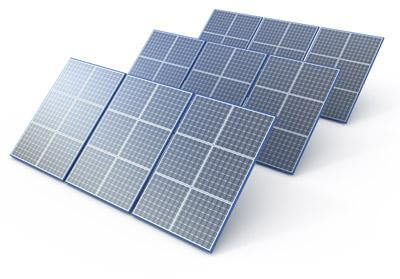Once an object causes shades in a solar panel the effect reduces the power output of the whole string set of solar panels configured in series because the obstruction reduces the amount of photons that can be absorbed by the module.
Solar panel cells reduced output in shade.
At the same time if a solar panel is partially shaded then the current is reduced.
When a solar cell is shaded it loses power.
That loss of power increases electrical resistance within the cell which in turn blocks the flow of electricity coming from upstream solar cells.
Most solar panels are made of solar cells.
Photovoltaic pv modules are being increasingly used in large as well as small scale installations.
One way to counteract winter production dips is to install your panels at a lower angle than your latitude.
Reduced performance and efficiency from the solar panel.
Solar panels are gaining importance as a major alternate source of energy in the prevailing condition of depleting non renewable energy sources.
It is predominantly the current output that decreases as light intensity falls.
In fact the solar photovoltaic panels consist of a number of cells which are wired together into a series circuit.
Solar panels unless heavily shaded have a remarkably high and consistent voltage output even as the intensity of the sun changes.
Intuition suggests that power output of the panel will be reduced proportionally to the area that is shaded.
The cells are the ones that harvest the energy from the sunlight and store them in the panel.
Panel temperature will affect voltage as has been discussed in another blog.
Partial shading of even one cell on a 36 cell solar panel will reduce its power output.
A common misconception is that partial shading does not affect the output of solar panels.
Because all cells are connected in a series string the weakest cell will bring the others down.
So the moment some of the cells are blocked by shades from obstacles like trees or even buildings that will only mean one thing.
Though the numbers will vary depending on how much shade the panels are facing the general rule with clouds and shade is that solar panels will produce about half as much energy as they would with direct sunlight.
However this is not the case.
In his book renewable energy and efficient electric power systems stanford university s gil masters demonstrates how shading just one out of 36 cells in a small solar module can reduce power output by over 75.
Solar panels work well in the winter but you will typically see a dip in total energy production during particularly bad winters due to snow covering your panels and reducing their power output.
In fact solar panel shading can become a significant drain of energy on the entire system over time.
Partial cell shading that reduce solar panel power by half.
Because of this the performance of the solar panel is significantly reduced even if a smallest section of the panel is in shade.

